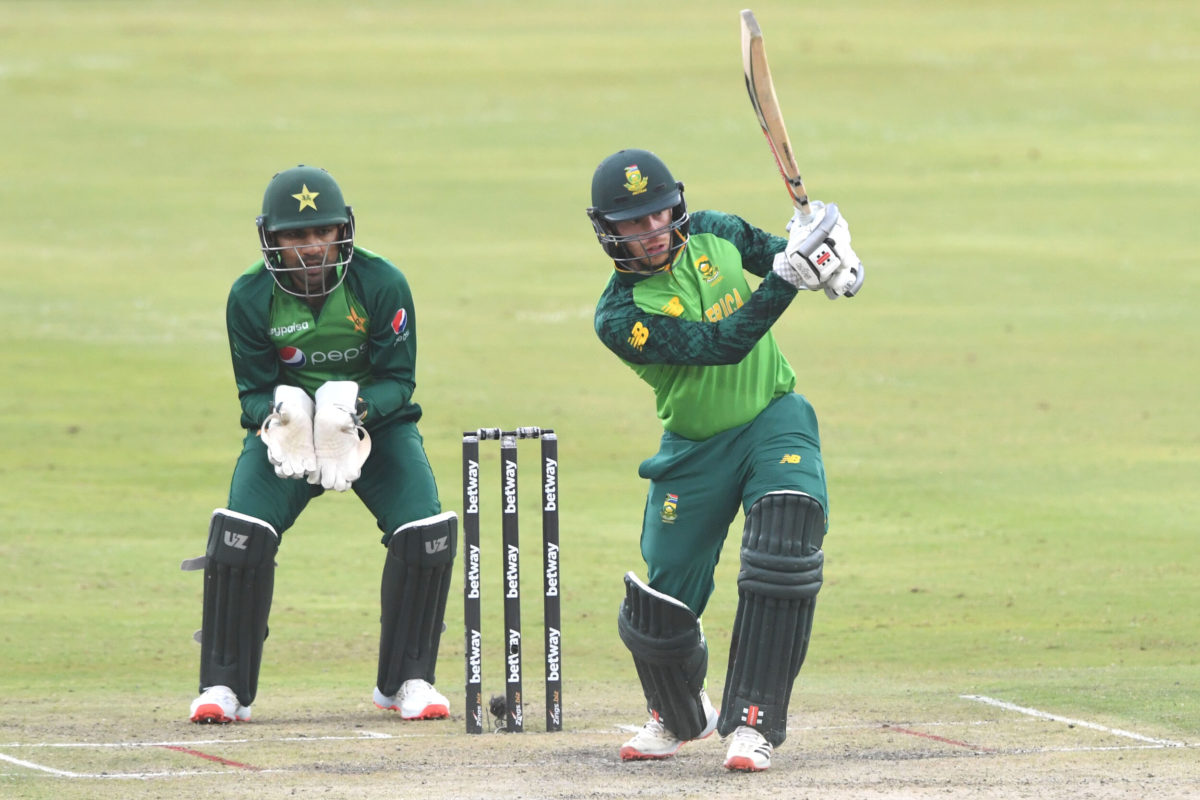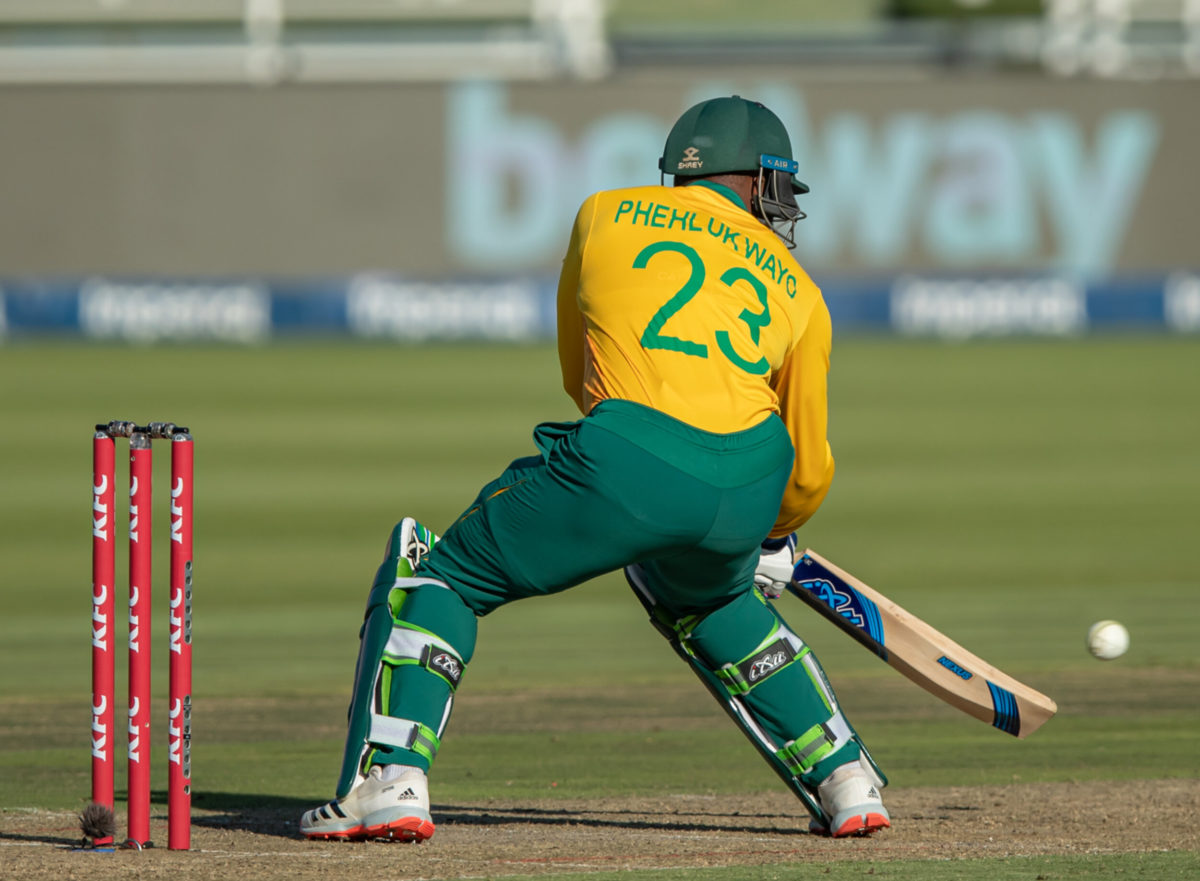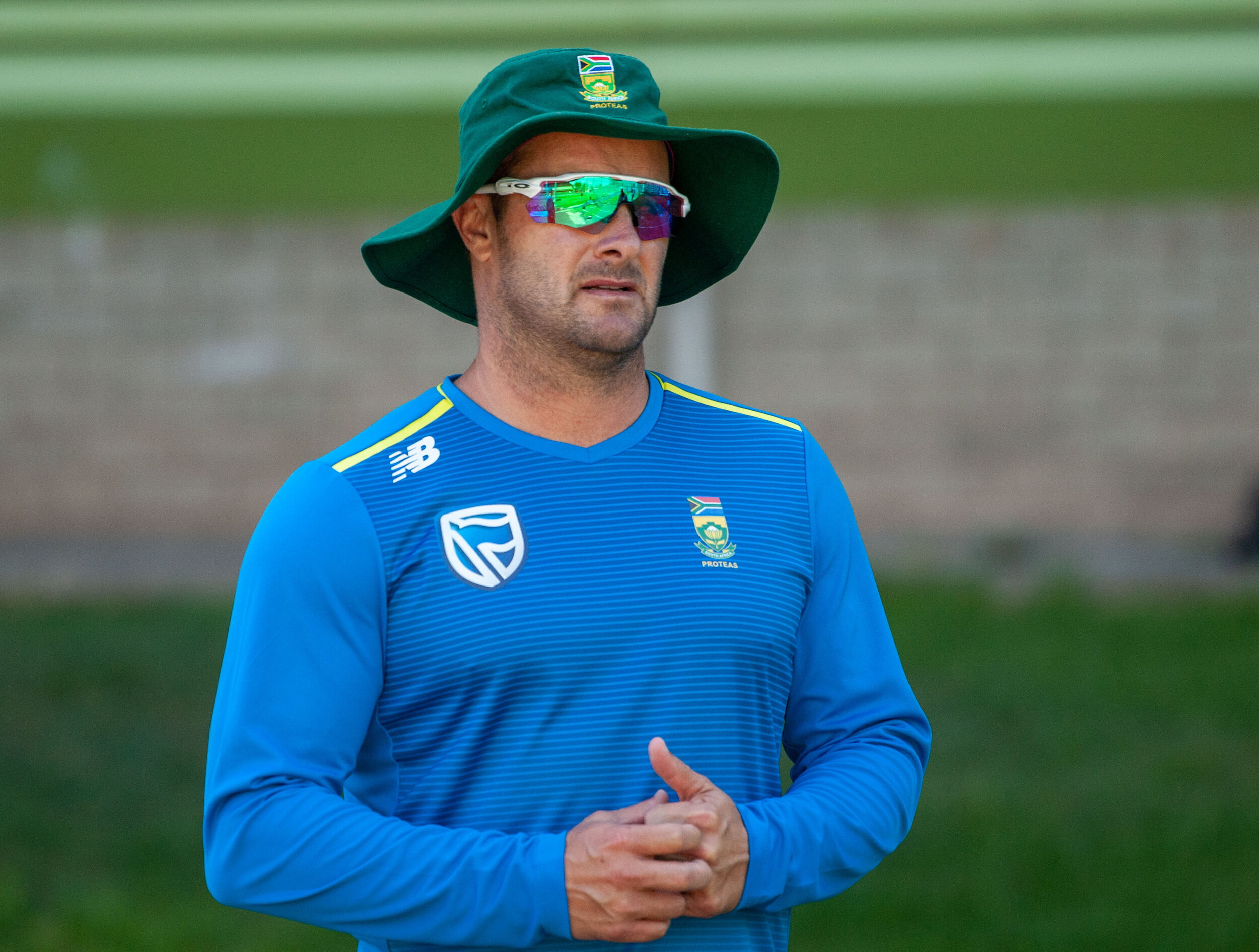No real Proteas fan likes it when they lose and it gets even more frustrating when it seems like the obvious best available XI is not out on the field, but what’s even more infuriating is when people rage against the coach with all sorts of bizarre conspiracy theories about personal grudges and the like.
The latest thing that Mark Boucher has done to enrage the critics – most of whom seem to reside in the Cape – is to not choose Kyle Verreynne, Western Province’s exciting wicketkeeper/batsman, for the T20 starting XI against Pakistan.
The cricketing reason behind that decision – which is not just made by Boucher on his own but in consultation with three other selectors – is that South Africa have decided to follow the example set by the high-flying English team and play a much more aggressive brand of T20 cricket.
So of the batsmen in the squad for the Pakistan series, Verreynne has the lowest strike-rate in terms of his T20 career – 123.18 – which is why he was chosen as back-up wicketkeeper to captain Heinrich Klaasen.
ALSO READ: Boucher explains Verreynne’s non-selection for T20s
The only other batsman with a career strike-rate below what is now considered the benchmark of 130 is Aiden Markram on 126.76. Which is why he was not originally chosen, but only played because of injuries to Temba Bavuma and Rassie van der Dussen. And Markram has since been scoring at a rate of 180.64 in the series, looking a batsman transformed.
Hopefully these facts will act as a plunger to unblock the pipes of the current commentary around the team, the discourse being clogged up by execrable suggestions that Boucher is somehow anti Cape Cobras players and is deliberately favouring those from the Titans, the team he coached up until December 2019.
Verreynne has not been chosen because there are better options to bring the sort of long-handled hitting the Proteas require in the middle-order, it’s as simple as that. No, it has nothing to do with some grudge Boucher is alleged to have against Cobras coach Ashwell Prince, as one particularly obsequious Cape Town hack suggested this week.

Kyle Verreynne has not played in any of the T20 games against Pakistan. Picture: Lee Warren/Gallo Images/Getty Images
It seems the fact that the Cobras last won a trophy in 2014/15 and have not beaten the Titans in any format since April 2019 has made some people ugly.
While I would personally give Verreynne a go in place of Pite van Biljon, given how well he batted in the last ODI, there is another change that needs to be made if the current Proteas XI is to meet its full potential.
The race targets in place for the national side were meant to help the development pipeline, but instead they seem to have tarred Andile Phehlukwayo with the disgraceful tag of being a quota player. He is way too good a cricketer for that to be acceptable, but when he bats seven and does not bowl, one can see why the whispers emerge.
Phehlukwayo is a talented all-rounder who began to find some form with the bat in the ODI series, while also being a stalwart of the white-ball attack. What is he doing in the team now though if he is not bowling? This is when selection starts to become a box-ticking, target-pleasing exercise.

Questions have been asked why Andile Phehlukwayo is in the team if he is not bowling. Picture: Gordon Arons/Gallo Images
And it’s not Boucher nor the selectors who should take the blame for this. Knowing the Cricket South Africa Members Council, they are way more likely to fire people over missed targets than actual results on the field of play, so one can’t blame the Proteas for sticking to those quotas even when it doesn’t make cricketing sense.
So when Advocate Dumisa Ntsebeza, the ombudsman of the new Social Justice and Nation-Building Commission, said last week that he would like to see CSA hold a transformation conference in July to discuss some of his findings, I immediately thought that would be a good time for the whole targets/quotas issue to be discussed.
And it is not the white former beneficiaries of Apartheid who should be involved in that conversation, but the black players and coaches who have to deal with targets now that should plot the way forward.
*All stats from before the last T20 International on Friday evening.

